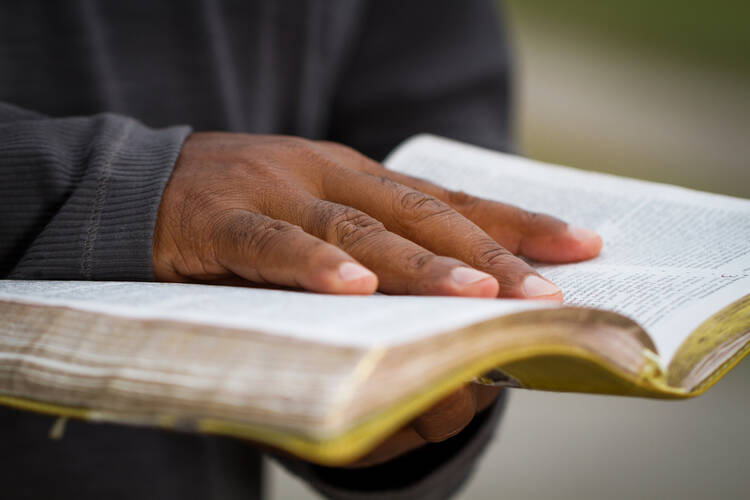B
Bruised_Reed
Guest
Incorrect. 81% boys total.But, is that true? The John Jay report noted that 81% of incidents involved priests engaging in relations with post-pubescent males -
Incorrect. 81% boys total.But, is that true? The John Jay report noted that 81% of incidents involved priests engaging in relations with post-pubescent males -
So in your view, if a man’s primary and persistent sexual attraction could be toward other men, but he is not “prone to temptation” (by which I assume you mean some kind of compulsive sexual behavior), then his homosexual tendencies—though they may perdure indefinitely—are not deep-seated. Is that right?It says “deep-seated”. That basically means “prone to temptation and may have lived scandalously before becoming priests.”
Yes! Dan Mattson (who wrote the book “Why I Don’t Call Myself Gay”) has an excellent article at First Things.There is an article on First things written by a man living with SSA. He lives out the Catholic teaching on chastity and he strongly believes that men with SSA should not enter the priesthood. He says chastity is often more difficult for them and often there is some psychological reasons behind it too. Not there fault so I understand how it can seem unfair. It is definitely a cross for anyone with SSA, whether or not they follow Church teaching or not
This is the crux, and the point of ambiguity in the document.I think the distinction between “deep seated,” and others who MAY be ordained, needs to be explained more.

I find this extremely, extremely doubtful. From what I have seen of priests, many of the heterosexual ones have had significant difficulties in this regard also. The only added burden for the gay priest or religious is that they are going to be expected to live with other people of their same gender. But parish priests also have regular contact with many, many women through parish ministries and activities and through hiring lay people to be on the parish staff, so if a parish priest is prone to be tempted by women, he’ll be exposed to that temptation daily.It’s harder for a homosexual person to live the demands of chastity
Is it?It’s harder for a homosexual person to live the demands of chastity
I really don’t understand the “harder for” item.Indeed, you could argue that in Parish ministry it would be harder for a man attracted to women to remain chaste than a man attracted to men because there would almost certainly be more straight women than gay men in the parish
Some posts on this thread presume that “deep-seated” for homosexuals is equivalent to “deep-seated” for heterosexuals, in implications for psychology, relationship, and behavior.highly doubt the difference between a faithful gay man and a faithful straight man is significant enough
Fascinating. I had a couple thoughts:Some posts on this thread presume that “deep-seated” for homosexuals is equivalent to “deep-seated” for heterosexuals, in implications for psychology, relationship, and behavior.
I have enough knowlege to raise questions about this matter but not enough to feel confident in explanation.commenter:
Fascinating. I had a couple thoughts:Some posts on this thread presume that “deep-seated” for homosexuals is equivalent to “deep-seated” for heterosexuals, in implications for psychology, relationship, and behavior.
(1) Dr. Gerard van den Aardweg’s doctoral work approached homosexuality as a sexual neurosis.
(2) If he’s correct, your observation could lead to the implication that the very presence of non-transitory homosexual inclinations means that the neurosis is deep-seated.
thoughts?
